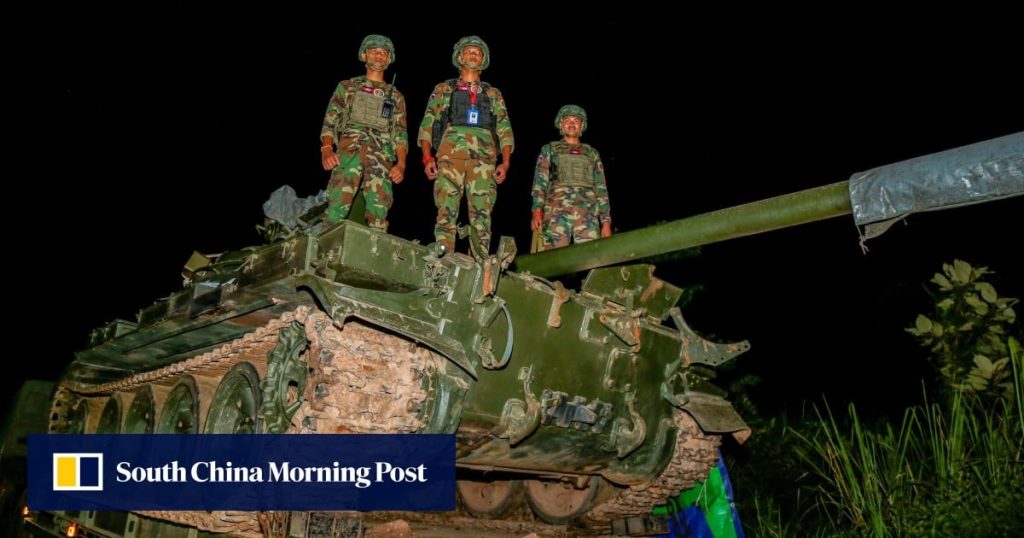Analysts also note the “conspicuous absence” of China from the arrangement despite its aspirations to be a major regional player.
Known as the Kuala Lumpur Peace Accords, the agreement calls for a demilitarisation of the tense Thai-Cambodia border, expanding on a ceasefire deal reached in July.
It also pledged to end a long-standing border dispute, which erupted again over five days in late July, killing scores on both sides.
At a ceremony with the Thai and Cambodian leaders by his side, Trump, who has touted himself as a global truce-broker, said the agreement showed his administration’s pursuit of peace “in every region where we can do it”.
Abdul Rahman Yaacob, a researcher at the Australian National University, voiced scepticism over the deal, citing the “shaky” previous ceasefire, when there were tensions along the Thai-Cambodian border and Cambodian villagers clashed with Thai security forces.


